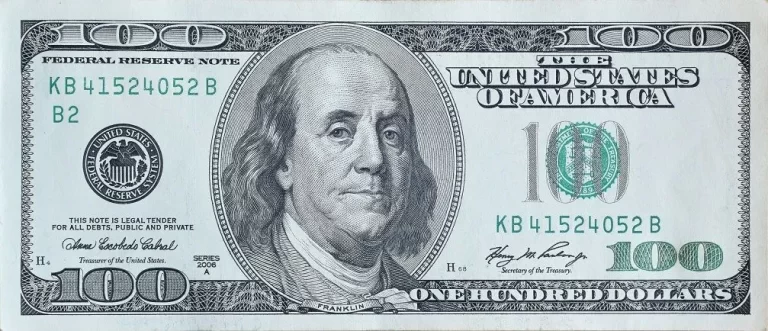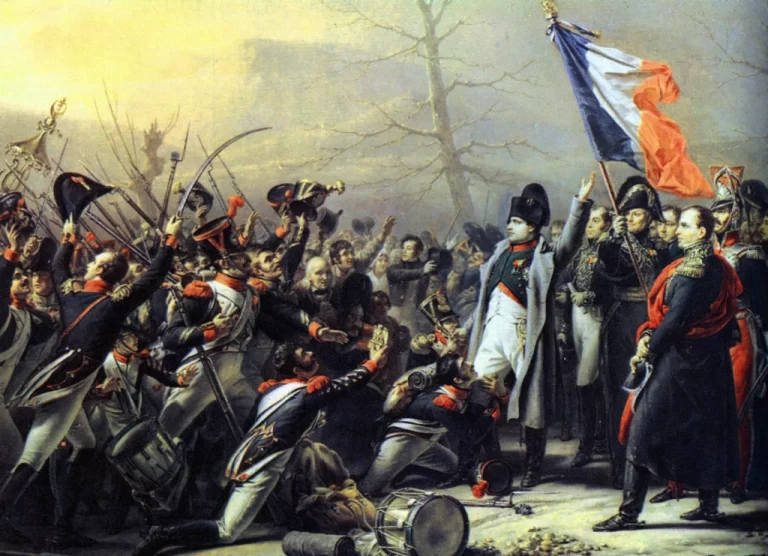Dubai’s evolution into a global metropolis is anchored in the visionary Sheikh leadership of the Al Maktoum family. This article delves into the lineage of Dubai’s sheikhs, emphasizing their contributions and the significant value they’ve added to the city’s growth and prosperity.
From founding leaders to modern innovators, each sheikh has played a pivotal role in shaping Dubai’s vibrant and dynamic landscape.
Maktoum Bin Butti Bin Suhail (1833-1852) – Founder of Dubai
Maktoum Bin Butti bin Suhail is credited with founding Dubai in 1833. He led the Bani Yas tribe to settle by the Dubai Creek, laying the foundation for Dubai’s emergence as a trading hub.
His leadership was crucial in establishing the initial framework that allowed Dubai to grow into a significant commercial center.
Saeed Bin Butti (1852-1859)
Saeed Bin Butti continued to build on his predecessor’s work, strengthening the trading and pearl diving industries vital to Dubai’s early economy.
His efforts ensured that the nascent city continued to thrive and attract more settlers and traders.
Hasher Bin Maktoum (1859-1886)
Hasher Bin Maktoum focused on consolidating Dubai’s trading prowess and maintaining stability in the region. His leadership ensured the continuity of growth initiated by his predecessors, helping Dubai to cement its status as a key player in regional trade.
Rashid Bin Maktoum (1886-1894)
Rashid Bin Maktoum’s rule saw further development in Dubai’s infrastructure. He played a crucial role in stabilizing the region during his tenure, which allowed trade and commerce to flourish.
Maktoum Bin Hasher (1894-1906)
Maktoum Bin Hasher is known for modernizing Dubai’s administration and promoting foreign trade. His leadership was pivotal in opening Dubai to international traders, thereby boosting the local economy.
Butti Bin Suhail Al Maktoum (1906-1912)
Butti Bin Suhail Al Maktoum continued to promote Dubai as a free port, encouraging trade by reducing taxes and improving port facilities. His policies attracted a larger number of merchants to Dubai.
Saeed Bin Maktoum (1912-1958)
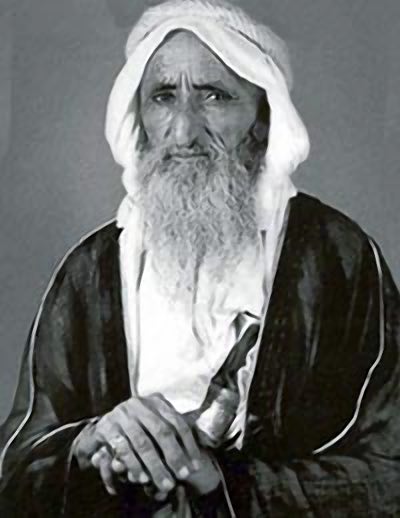
Saeed Bin Maktoum oversaw a period of economic stability and growth, with Dubai becoming a key trading center in the region. His long reign was marked by significant social and economic developments.
Rashid Bin Saeed Al Maktoum (1958-1990)

Rashid Bin Saeed Al Maktoum was instrumental in the formation of the United Arab Emirates in 1971. Under his leadership, Dubai saw unprecedented growth, with the development of modern infrastructure, including roads, ports, and airports, setting the stage for its future as a global city.
His net worth was estimated to be $40 billion at the time of his death.
Maktoum Bin Rashid Al Maktoum (1990-2006)
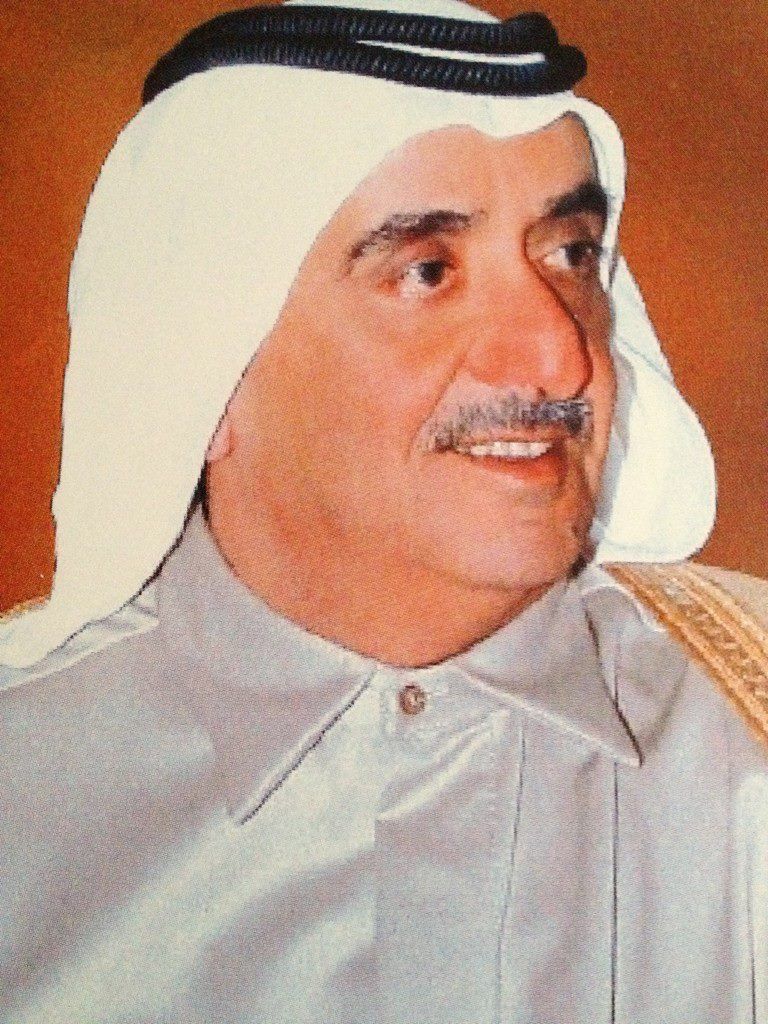
Maktoum Bin Rashid Al Maktoum continued his father’s legacy of modernization. His tenure saw Dubai emerge as a major international business hub with significant investments in real estate, tourism, and finance.
His net worth was estimated to be $20 billion at the time of his death.
Mohammed Bin Rashid Al Maktoum (2006-Present)
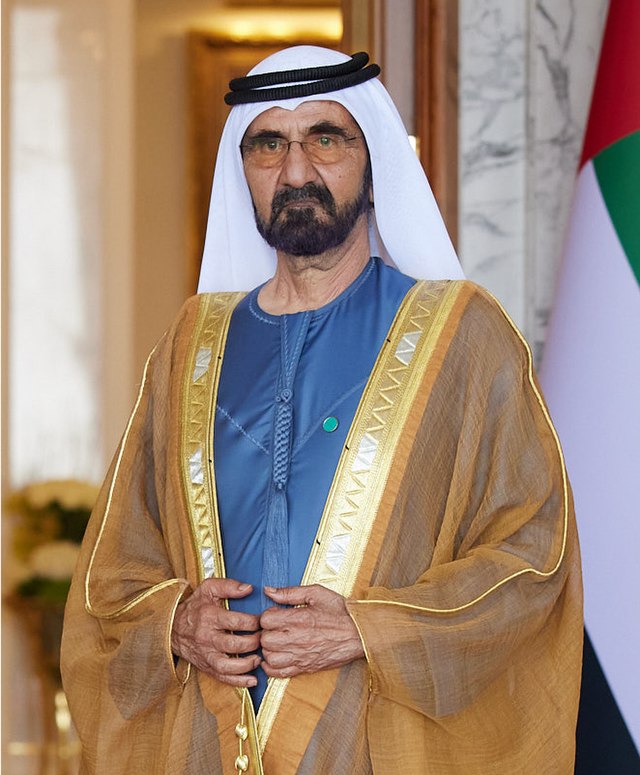
Mohammed Bin Rashid Al Maktoum has propelled Dubai onto the world stage with initiatives like the Burj Khalifa, the Dubai Mall, and the Palm Islands. His visionary leadership has made Dubai a leading global city known for innovation, luxury, and economic dynamism.
He has also focused on making Dubai a smart city with advanced technology and infrastructure. His net worth is currently estimated at $14 billion.
The Al Maktoum family’s leadership has been instrumental in transforming Dubai from a modest trading settlement into a world-renowned metropolis. Each sheikh’s contributions have built upon their predecessor’s legacy, fostering economic growth, modern infrastructure, and international recognition.
Today, Dubai stands as a testament to its visionary leadership, a city that continues to thrive and innovate on the global stage.



